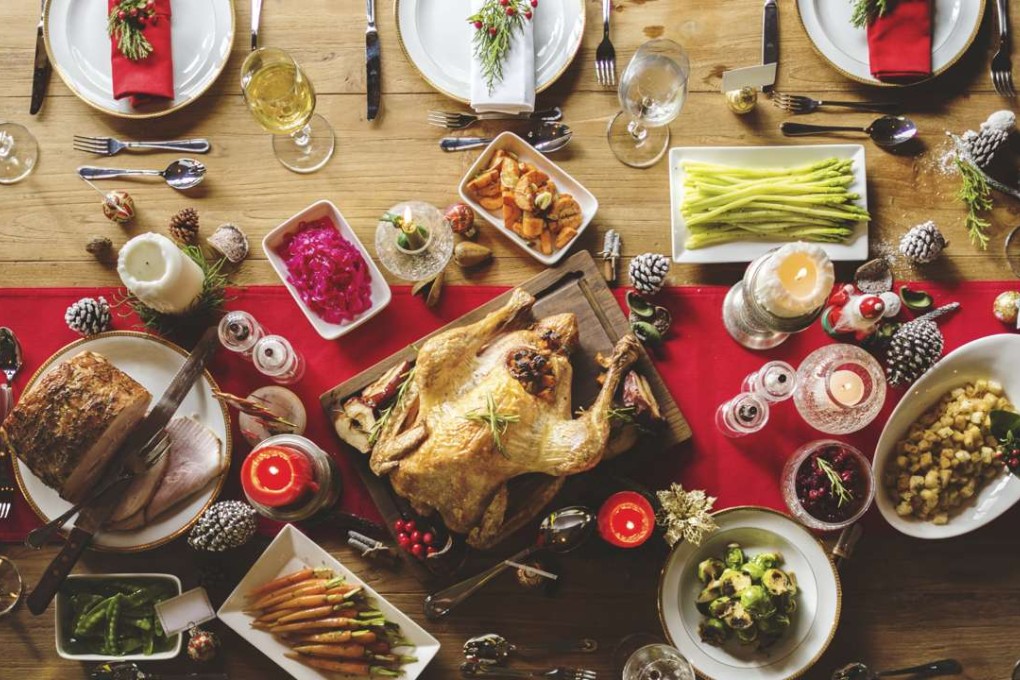Why are heart attacks more common during Christmas and New Year? And how can you ward them off?
Studies show that our chances of getting a heart attack increase by 5 per cent during the holidays, and it’s not just because we overindulge during holiday meals

Question: Do the Merry Christmas Coronary and Happy New Year Heart Attack really exist?
The straight answer: yes
The facts: the Christmas and New Year period are landmarks on our calendars usually for positive, happy reasons. But for scientists, the winter holiday season marks trouble: a time when deadly heart attacks spike, studies show. The peaks are so distinct around Christmas and New Year’s Day that the phrases “Merry Christmas Coronary” and “Happy New Year Heart Attack” have been coined.
Dr Darshan Mehta, medical director of the Benson-Henry Institute of Mind Body Medicine at Massachusetts General Hospital in Boston, cites a major US national study published in 2004 in the journal Circulation that examined 53 million US death certificates from 1973 to 2001 and discovered an overall increase of 5 per cent more heart-related deaths around Christmas and New Year than at any other time. The study was done by a team at the University of California, San Diego, and Tufts University School of Medicine.
Mehta suggests a number of potential explanations for this trend, chief of them something that has been identified in many studies: colder weather.